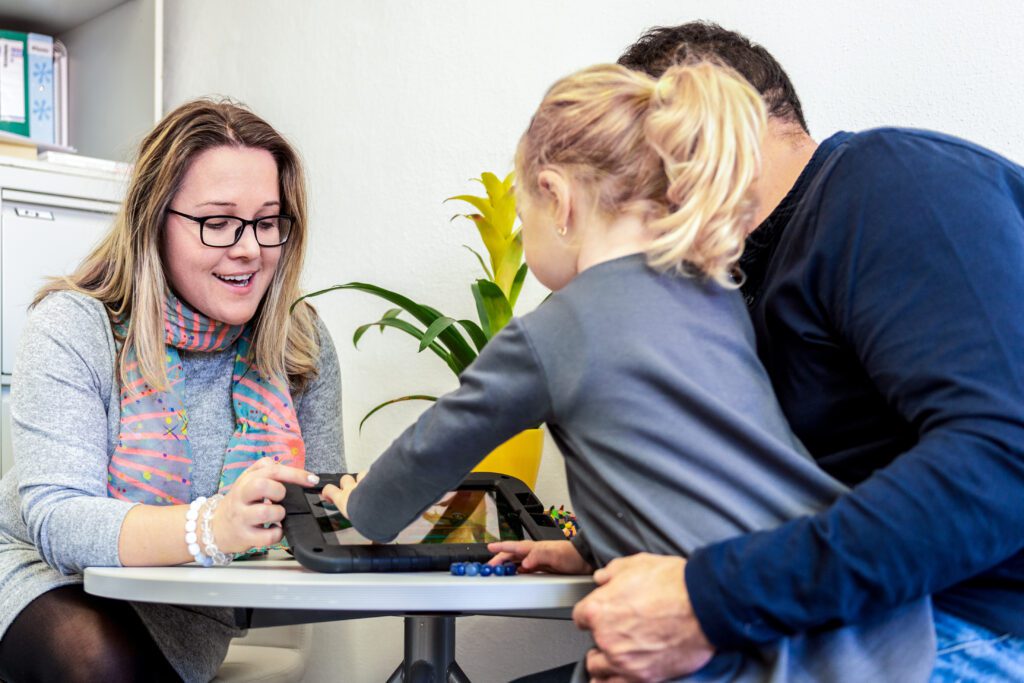For the curious or mildly self-aware, a casual scroll through social media is full of possible labels you can assign yourself. Narcissist, autistic, adult-ADHD, the list goes on. I can guess that if you are reading this, you may already be doing the work to check your behaviors and attitudes. Or you might be reading this because something deeply hurtful happened between yourself and a parent.
It also means that those with the least self-awareness may be the last to read this. Sadly, an inability to empathize or accept responsibility for our actions are classic indicators of good old-fashioned selfishness. We can only change our behavior or our response to the actions of others. So here is a list of habits that can lead to “toxic” habits in relationships. Call them early warning signs. If you recognize yourself you are not alone. Neither are you destined to be “toxic” . You are in fact eligible for changing your future. So congratulations for being here.
Over-emphasizing Achievement
Giving verbal praise and recognizing accomplishment feels amazing. Generational patterns suggest that modern parents work hard to be verbally affirming, many feeling this was missing in their own childhood. While the words and attention are usually meant in love, it can be important to step back and look at the bigger picture.
First, does your attention and affirmation show up in the little things or only the big things? While good grades and winning a game are worth celebrating, how often are you present for the moments of effort? Building a family culture where giving your best and learning how to deal with failure can be life saving for your child. As little humans we pick up quickly on what gets our parents attention. Unspoken patterns of big energy around “good behavior” or explicit goals can neglect the inner strength it takes to work hard and believe in effort.
Second, children are incredibly sensitive to comparison. It can seem to them that working hard will never match the perfect grades of their sibling. That is unless you help them recognize their own strengths. Valuing internal characteristics like patience, perseverance and determination help them see themselves as capable rather than successful. Learn to cheerlead the little things and give words to the small everyday victories and struggles. This builds self-esteem for now and for the future.
Failing to Apologize
Apologizing for specific actions and promising to do better is a tough task in any relationship. In parenting it can be especially neglected because the parenting relationship says “I’m the adult” and “I deserve respect”. The irony is that apologizing is the ultimate opportunity to model the exact behaviors you would like to see in your child.
If you worry that admitting you are wrong will undermine your ability to parent, think back to the adults in your life that operated as an immoveable authority. You might remember that you would avoid them, avoid certain topics, expect certain responses. Refusing to be influenced by another human inevitably leads to distance and loss of closeness. As your child grows in their ability to understand nuance and the complexity of the world, they benefit from role-models that can admit to not having all the answers. They need role-models that are open to learning, are curious about other’s experiences.
Respect is not earned by having all the answers. It is a relational process. You will still be forced to make decisions that are not popular or understood as a parent, but knowing that you are thoughtful and considerate in your decisions actually builds the trust rather than reducing it.
Inconsistent Discipline
Even if you are consistent, children will always push against discipline and point out all the unfairness in the world. That is their emotional response. Expecting that, the parent is tasked being the logical one. That doesn’t mean you won’t be concerned, upset and disappointed with your childs behavior, or that you must hide that. It does mean that you approach parenting with a “plan” of what consequences you think are reasonable and expected for certain situations.
That may sound like a lot, but if you do not have a strategy you will wind up being inconsistent. While parenting will always throw curve balls, giving yourself time to be calm and think before responding is a great buffer zone. Look at previous responses to similar behaviors and rate the outcomes. Looking at your relationship with your child, the changes in their behaviors or even the stress of applying the discipline, these are points of feedback for your current decision.
Individual counseling or parenting classes can be a great resource to evaluate how the patterns of your own childhood or false beliefs about parenting might be influencing the way you are trying to control your child’s behavior. Exploring theories of parenting, especially your own, provide you with intention and a better chance of being consistent.
Often inconsistency is hard for us to see. Hearing feedback from a partner or even older child can be important to recognizing your needs in this area. Parenting is a feat of flexibility and strength and there is no perfect solution for each situation. That said, it needs even more attention than we often give, waiting until there is a problem to respond.
Again, congratulations for taking this moment to consider your parenting. You are doing great. If you are interested in a next step, feel free to reach out.







